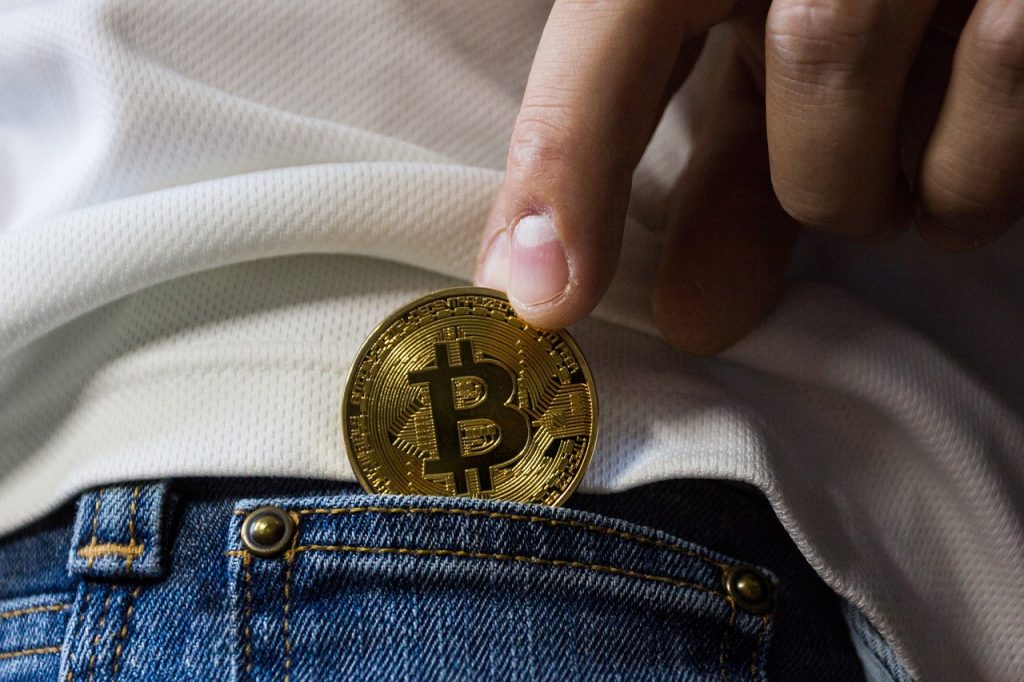Germany has climbed to the forefront of Coincub‘s ranking of the most crypto-friendly nations in the first quarter of 2022. Thanks to its zero-tax policy on long-term capital gains, the European country allows its long-term domestic savings industry to invest in crypto. As a result, it has the second-highest number of Bitcoin and Ethereum nodes behind the United States.
The Federal Ministry of Finance (BaFin) published a 24-page report detailing specific income tax legislation for cryptocurrencies and virtual assets. As a result, the tax ramifications of acquiring, trading, and selling cryptocurrencies are becoming increasingly clear for tax practitioners, companies, and individual taxpayers.
The essential conclusion is that persons who sell BTC or ETH for a profit more than 12 months after purchase are not responsible for taxes on the transaction. Katja Hessel, Parliamentary State Secretary, also addressed concerns about the long-term staking of cryptocurrencies:
“For private individuals, the sale of purchased Bitcoin and Ether is tax-free after one year. The deadline is not extended to ten years if, for example, Bitcoin was previously used for lending or the taxpayer provided ETH as a stake for someone else to create their block.”
Furthermore, after a year of holding, Bitcoin miners who purchase newly generated BTC will have their tax payments refunded. Hessel also stated that the Federal Ministry of Finance would continue to recommend cryptocurrency use and trading.
Germany announced a national blockchain policy in 2019, taking a proactive approach to bitcoin regulation and oversight. Since January 2020, bitcoin service providers, including exchanges and custody platforms, have been obliged to get BaFin licenses, guaranteeing that the industry meets the same criteria as traditional financial service providers.
Although there has been discussion of raising the holding period to ten years in specific cases, a situation like this may have arisen as soon as a coin was utilized for staking or lending. However, according to a tweet by German MP Frank Schäffler, this plan has been abandoned.



